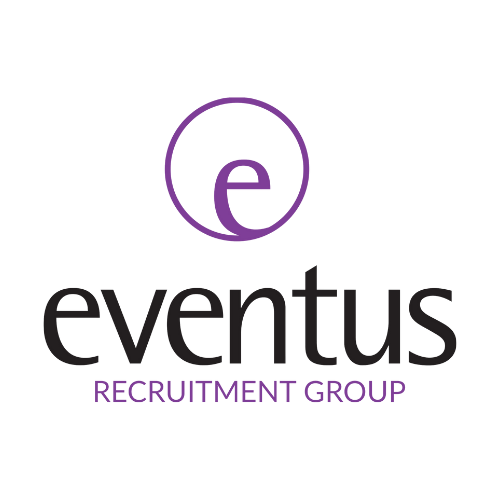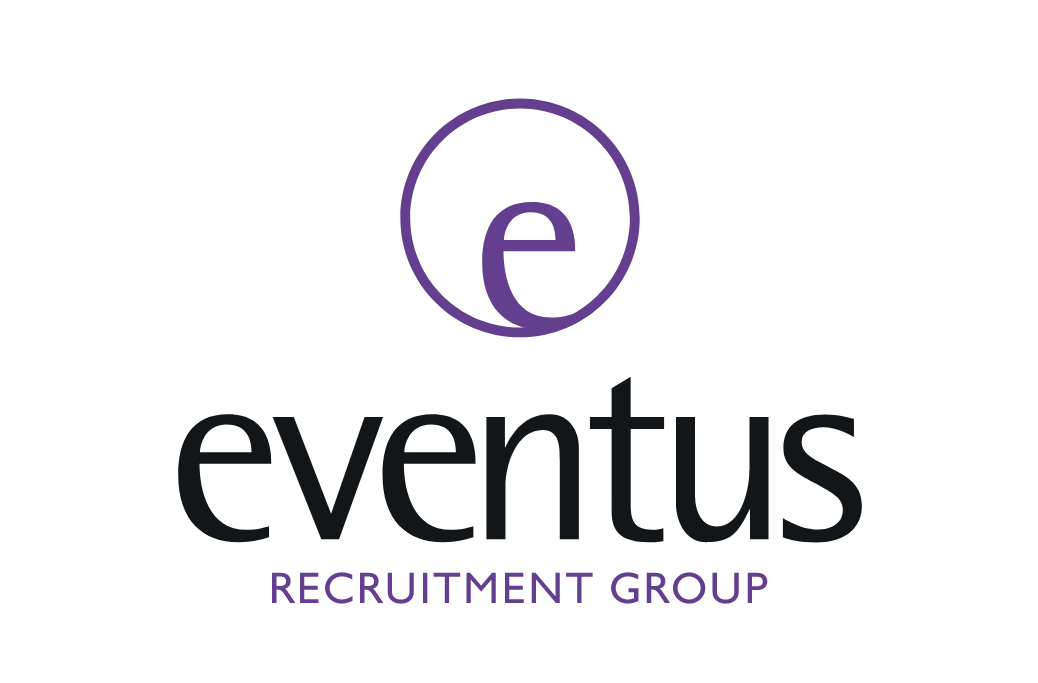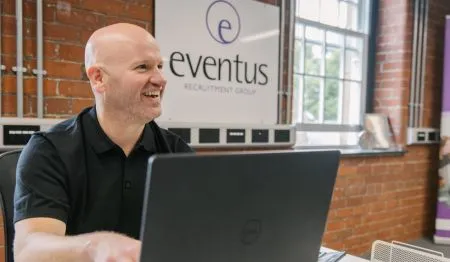The Rise of Boutique and Specialist Law Firms: What It Means for Legal Careers
Boutique and specialist law firms are reshaping the UK legal sector. Once overshadowed by large full-service firms, these niche practices are now attracting top legal talent and high-profile clients alike. But what is driving their growth, and is joining a boutique law firm the right career move for you?
Why Are Boutique Law Firms Growing?
Client expectations have changed. Today, businesses and individuals increasingly look for deep expertise, personal service and agility, qualities that boutique firms are well placed to deliver.
Key drivers behind the rise of boutique law firms include:
- Specialist expertise: From family law to corporate transactions, private wealth, fraud and technology, media and telecoms, boutiques provide in depth knowledge in complex areas.
- Agility and flexibility: These firms adapt quickly, offering faster decision making and tailored solutions.
- Cost effectiveness: Clients often benefit from competitive pricing without compromising quality.
This mix of expertise and personal service makes boutique firms attractive both to clients and to lawyers seeking a different career experience.
Common Areas of Specialism
Boutique and niche firms thrive where technical expertise and personalised advice are essential. Common practice areas include:
- Family law: High value divorce, child arrangements and complex finances.
- Corporate and commercial: Advising SMEs and high growth businesses on
transactions, governance and restructuring. - Private wealth, trusts and estates: Assisting high net worth clients with succession planning, tax and estate administration.
- Fraud and white collar crime: Managing serious investigations, insider dealing and financial crime.
- Technology, intellectual property and data: Supporting tech driven businesses on IP rights, contracts and data protection.
- Creative industries and media: Advising clients across music, film and digital sectors.
Benefits of Working at a Boutique Law Firm
Why are so many lawyers moving away from larger firms? The most common reasons include:
- Greater autonomy: Lawyers often have a direct voice in firm strategy and client relationships.
- Closer client connections: Smaller teams encourage strong, trusted client relationships.
- Challenging and varied work: Specialists handle diverse and complex matters within their niche.
- Faster career progression: Many boutiques provide clearer and quicker routes to senior roles or partnership.
Points to Consider
Boutiques are not the right fit for everyone. Challenges can include:
- Business development: Lawyers may have more responsibility for winning work and building reputation.
- Brand recognition: If prestige and household name status matter to you, a boutique may not carry the same weight.
Ultimately the decision comes down to your priorities. Do you value autonomy and specialisation, or scale and brand presence?
Market Outlook: Why This Trend Matters
The boutique law firm model continues to grow. Over the past five years private equity investors have committed around £1.2 billion to consumer facing areas such as family law, conveyancing and private client work (Legal Futures, 2024).
At the same time, demand for niche expertise in technology, data privacy and corporate transactions is increasing. This creates strong opportunities for ambitious lawyers who want to focus on what they do best.
Thinking About a Career Move?
Boutique firms can provide a collaborative environment, strong client contact and genuine specialisation. For many lawyers, this makes them an appealing alternative to larger firms. The key is choosing the environment that best aligns with your skills, values and career goals.
If you are considering your next legal career move, whether with a boutique or a full-service practice, contact Eventus Legal for confidential career advice and access to a wide range of legal opportunities across the UK.
Written by Nikki Phillips, Senior Legal Recruitment Consultant in the North-West of England. You can connect with Nikki on Linkedin here.





























